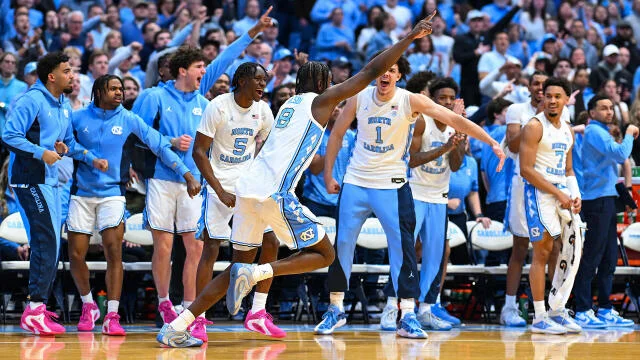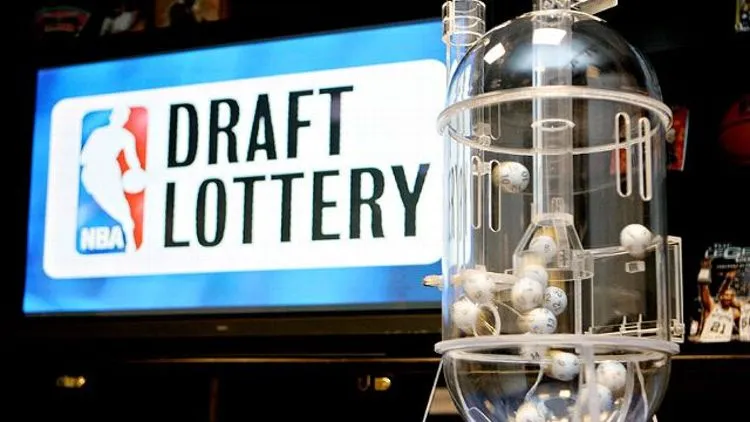
My quest continued this week to figure out the Wake Forest delayed run-pass option mesh offensive scheme – one of the most clever, mystifying, and effective strategies in all of sports.
I went to a source I figured could unpack this thing for me so I could fill you in on football’s blackest box.
His name is Michael Jurgens, he has been a multi-year fixture and team captain on the Wake Forest offensive line with a wealth of knowledge of this offense – and a sparkling intellectual record to go along with it.
He told me a few things but, fortunately for all of us, not too much because we don’t want anyone really figuring this thing of wonder out. Better to keep things clandestine so Wake Forest will continue flummoxing football defenses, winning, and going to bowl games.
I asked him how long the delay is supposed to be as the quarterback walks with the running back, tucking the ball in his belly, but then often yanking it out and tossing a spiral for a touchdown.
“We don’t determine how long the delay will be,” he said. “It depends on what the defense gives us.” A key to the scheme is that if all 11 guys do their job the play will usually be successful, he said.
“No one needs to have an S on his chest to be Superman,” he said. “No one has to do anything spectacular. The offense is all about how we rely on each other.”
Jurgens said it takes time and intellectual rigor to understand this never-before-designed-and-mastered-in-quite-this-way offense. In his first few years on the team as a third- and second-stringer, he would memorize the calls. But once a starter he found out he “wasn’t doing enough” and had an “oh no moment.” He realized he needed to think more abstractly to understand the offensive concepts and how to attack the underlying problems.
Fortunately for the Wake Forest offense and all the fans, he’s well-equipped to think beyond the concrete and tangible, possessing the mental agility to enter the more cerebral and intellectual realm of abstractions.
How do I know that? Data analytics. Check this out.
He recently completed his master of business administration degree from Wake Forest. As an undergraduate, he majored in mathematical business and excelled to such lofty levels that he was named as a semifinalist for the 2022 William V. Campbell Trophy given to the best scholar-athlete in college football.
Five times he was named to the All-Atlantic Coast Conference Academic Honor Roll member.
Why major in math?
“Because I like the puzzle aspect of math. And it’s tangible. You get an answer.” He graduated with distinction in mathematical business.
Yet as is often the case for students studying within Wake Forest’s multi-dimensional curriculum, it was an educational department class as an undergraduate outside his major that ended up being his favorite.
“The class was amazing,” he said. “It was about problems in education and how math is taught. We read a book by Angela Duckworth, a psychology professor at the University of Pennsylvania. The class focused on changing your mindset. I was planning to major in regular business management, but after that class, I decided to major in math because I enjoyed that growing up.”
Not only did he enjoy it, he was great at it. While at Damascus High School in Damascus, Maryland, this young man – who stands six foot four and weighs 311 pounds — graduated with a 4.0 grade point average and earned an AP Scholar with Distinction honor.
And while there, like during his Wake Forest football career, he starred on winning football teams. His team won 42 games and lost exactly none. You read that correctly.
For Wake Forest, he’s won numerous football honors including being named to the Rimington Watch List, which is an award for the best center in college football. He won All-ACC honors and was named the Offensive Lineman of the Week.
This impressive, high-achieving young man also has been a member of 14 different service organizations. He was one of 17 Wake Forest student leaders chosen to meet and draft a social compact to prevent the spread of the COVID-19 virus on the Wake Forest campus. He’s a board member for Santa’s Helper, a non-profit organization that, every Christmas season, delivers toys to more than 1,000 underprivileged children in the Winston-Salem area. He also has been a mentor and coach for a Special Olympics bocce ball team.
With his Wake Forest career winding down this Fall, he reflected this week on his academic experience.
“Wake Forest has been a great education in terms of getting a broad knowledge of liberal arts,” he said. “You get a taste for everything here. It’s been hard managing time as a student-athlete, but playing football helps you with school because you’re forced to be disciplined.”
Author Profile

Latest entries
 BonusNovember 21, 2024Writer Releases eBook About Career Survival in Generative AI Era
BonusNovember 21, 2024Writer Releases eBook About Career Survival in Generative AI Era BonusJuly 30, 2024Crushed By Questions Watching Olympic Handball
BonusJuly 30, 2024Crushed By Questions Watching Olympic Handball BonusDecember 27, 2023Rubin’s New Book: The Audience Comes Last, The Artist First
BonusDecember 27, 2023Rubin’s New Book: The Audience Comes Last, The Artist First NewsDecember 5, 2023Sports in 2023: Nothing But A Hot Take Money Grab
NewsDecember 5, 2023Sports in 2023: Nothing But A Hot Take Money Grab







